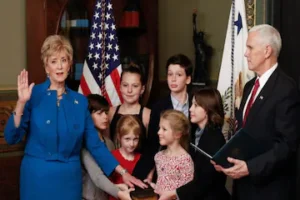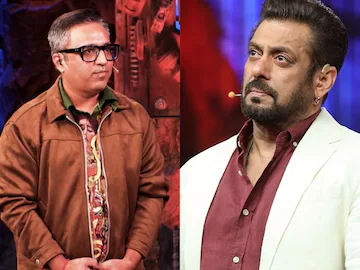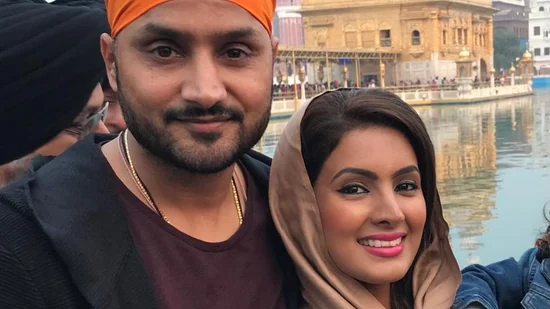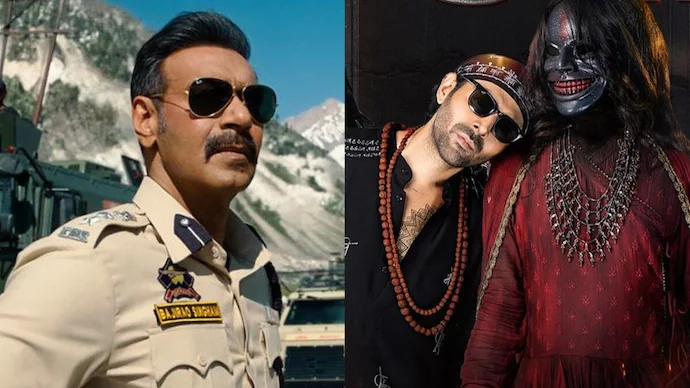Fabulous Lives of Bollywood Wives, Tribe: Do you need to be frivolous to be fab?

Starting with a disclaimer, I must admit my appreciation for chick flicks and feel-good films like most people. However, as we mature and broaden our perspectives, we often find ourselves questioning our past acceptance. When the inaugural season of Fabulous Lives of Bollywood Wives premiered on Netflix, I pondered whether the women depicted were oblivious to their privilege or simply unabashed about their sheltered existence. I recall confiding in a friend that despite my initial urge to criticize them, the reality was that they were merely living their lives without causing harm. Little did I anticipate that the emergence of shows centered around affluent women dealing with trivial issues would become a prominent subcategory in the realm of online streaming content.
Discover also | During a turbulent flight, Bhavna Pandey disclosed that Karan Johar conceived the concept for Fabulous Lives of Bollywood Wives as he was being entertained and believed the world would enjoy it as well.
In October, the digital platforms welcomed two new reality shows from Karan Johar’s Dharmatic Entertainment. “The Tribe” made its debut on Prime Video, while “Fabulous Lives of Bollywood Wives Season 3” graced the screens of Netflix. Having immersed myself in a total of 17 episodes from both series, I found myself pondering about the evolution of the girls from The Tribe. Would they one day find themselves navigating the lavish lifestyles portrayed in Fabulous Lives of Bollywood Wives? My initial cringe soon transformed into intrigue as I contemplated whether the women spanning various age groups were genuinely shallow and self-absorbed, or if they were simply playing up these characteristics for the sake of entertainment. The incessant deliberations over room allocations and vibing with new members over multiple episodes left me questioning the authenticity of the drama unfolding on screen. Do women in their forties or fifties truly unite to ostracize a fellow member based on their sartorial choices?
Do you ever wonder why light-hearted fiction or reality shows on OTT platforms often showcase women grappling with trivial first-world issues? Could this reflect our conflicting feelings of admiration and resentment towards the wealthy and renowned? Perhaps these shows cater to our ingrained sexism by perpetuating stereotypes about women.
If you’ve reached this far, a part of your mind might be suggesting, “Relax, these are meant to be light-hearted entertainment shows.” Earlier TV programs like Splitsvilla and Roadies thrived on unnecessary drama and manufactured controversies. Similarly, international shows like Real Housewives and Selling Sunset follow a similar formula and enjoy success. However, the issue with series like The Tribe or Fabulous Lives of Bollywood Wives is that besides amplifying stereotypes about women, they are crafted through a deeply ingrained male perspective. Women of all ages gather in cliques or speak individually to the camera, making snide remarks while adorned in heavy makeup and revealing outfits. Particularly, the young girls in The Tribe endure constant objectification through phone cameras, social media content creators, and the show’s own filming crew.
Casual sexism can often be disguised as humor or mere snark, perpetuating outdated gender stereotypes. Instances like Alanna’s father making inappropriate comments about her attire or Jaaved Jaaferi mocking influencers with his sons while encouraging his daughter’s ambitions, along with women feeling pressured to fast for their husbands to make them feel special, highlight the persistent gender norms in Indian households. Despite the portrayal of progress, figures like Karan Johar and Hardik Zaveri in shows like Fabulous Lives of Bollywood Wives Season 3 and The Tribe, respectively, continue to patronizingly advise women on their friendships, mental well-being, and relationships with other women on the show.
The decision to maintain a surface-level approach hinders the opportunities for growth in both shows. It would have been intriguing to witness the strategies employed by these young women in garnering their substantial follower count. How was their blueprint formulated, and what steps were taken to cultivate their individual brand identities? While it’s commendable to observe Neelam candidly sharing about her past unsuccessful marriage or Maheep discussing her battle with diabetes, these instances seem sporadic, serving as fleeting glimpses of authenticity amidst an otherwise insubstantial narrative.
In 2024, despite the continued call for equality and respect, we observe a scenario where women are mocked for their challenges in partaking in intellectual conversations. While Saif Ali Khan engages in literary discussions, the other women are portrayed negatively for their silence on reading preferences. Criticized for their disinterest in a book club and made fun of for struggling with literary topics, one can’t help but admire Shalini Passi for disrupting the narrative by questioning the group’s habit of criticizing each other. The intense teasing and mockery Shalini endures on the show go beyond typical reality TV standards. It is baffling how she remains composed despite enduring sound effects such as cat meows and a soundtrack inciting laughter at her expense during interactions.
Just as mentioned in my disclaimer, it’s not necessary for every movie, show, or creation to be overly serious or intellectually challenging. Just like how not every meal needs to be incredibly healthy or gourmet. However, portraying women as shallow, self-centered, cruel, or simply absurd solely for the sake of eliciting laughter or deriving ‘content’ from women finding themselves in embarrassing situations, whether real or staged, is definitely not admirable.














